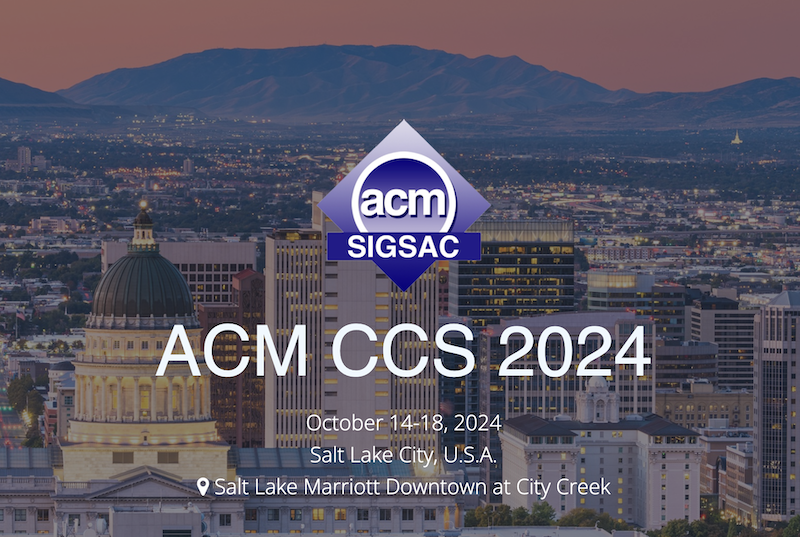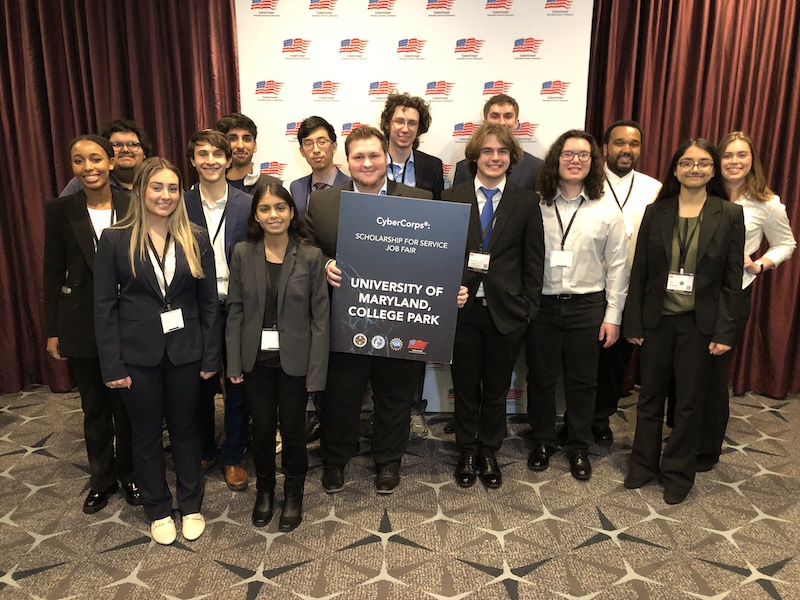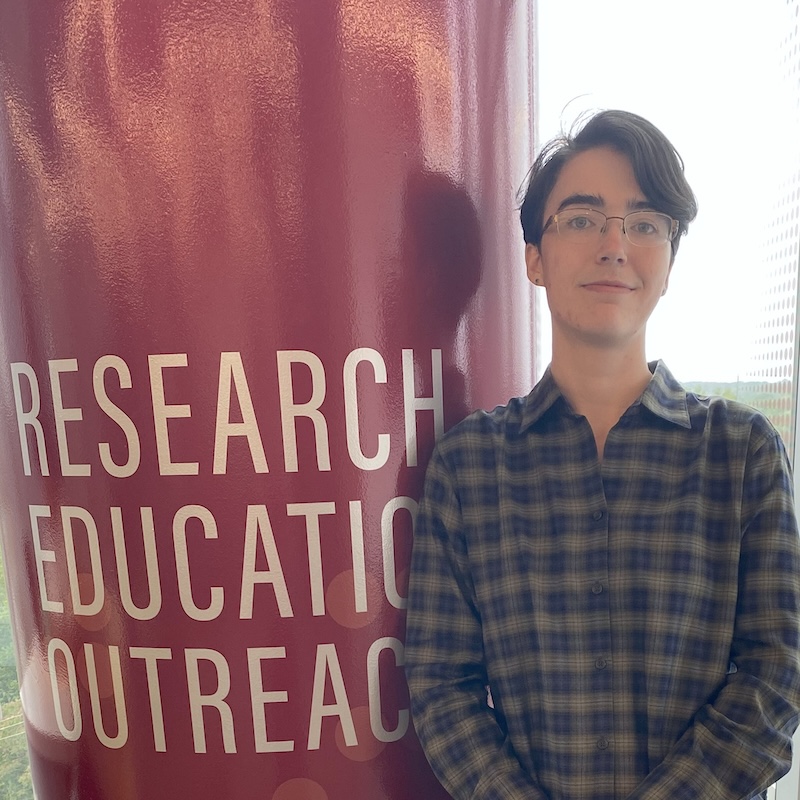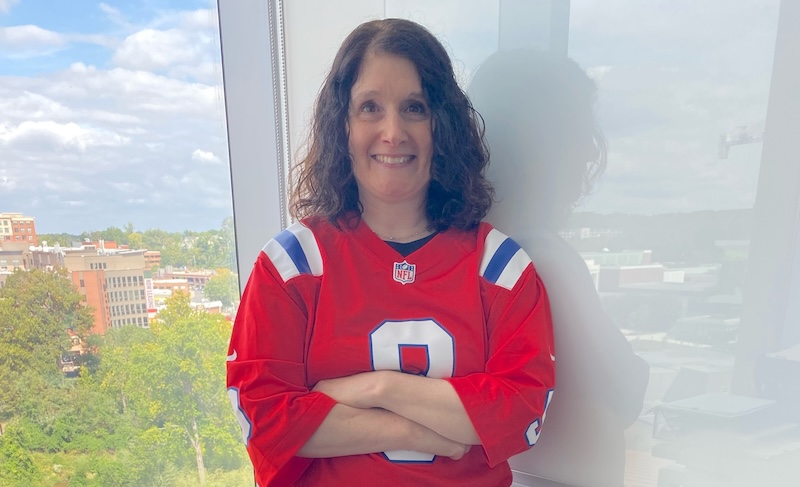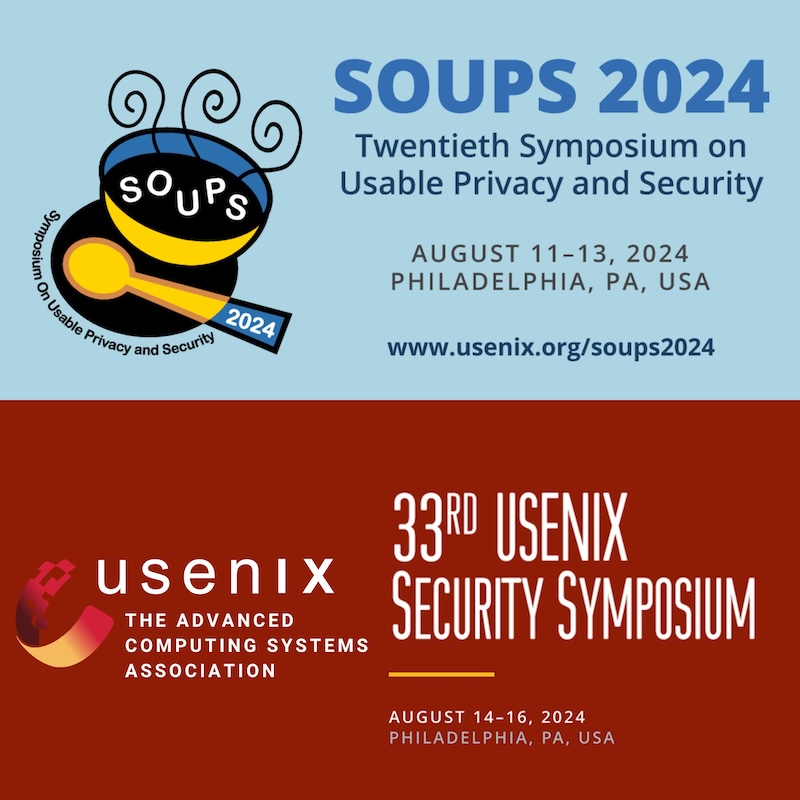News Story
Papamanthou Co-Organizes Workshop Focused on Secure Data Management Systems
Charalampos (Babis) Papamanthou, an assistant professor of electrical and computer engineering in the Maryland Cybersecurity Center (MC2), is co-organizing a workshop focused on building more secure data management systems and mining applications.
The workshop, scheduled for Sept. 26–27 in Snowbird, Utah, brings together researchers and practitioners from different sub-fields of data science, with the goal of exchanging ideas and identifying challenges associated with security and privacy in big data management.
The National Science Foundation (NSF) is sponsoring the event. Assisting Papamanthou in organizing the workshop are Feifei Li, an associate professor at the University of Utah, and Huijia (Rachel) Lin, an assistant professor at the University of California, Santa Barbara.
“We are interested in taking a more holistic approach—combining research in cryptography, applied security, mining and learning, human-computer interaction, and more—in building scalable and efficient systems that are both secure and robust,” says Charalampos, who also has an appointment in the University of Maryland Institute for Advanced Computer Studies (UMIACS).
In the era of big data, Papamanthou says, large amounts of data are being collected, integrated and analyzed to support rich application semantics and enable data-driven science discovery. Having access to more data leads to more opportunities for analytics, mining, learning and knowledge discovery, he says, but it also increases the chances of security breaches and privacy infringement.
The widespread adoption of cloud computing can further complicate security issues, Papamanthou adds. “We intend to discuss all of these issues and then identify best practices and new avenues for research that can ultimately offer solutions.”
Researchers attending the workshop plan to submit a white paper to the NSF that details their findings.
Topics to be addressed include, but are not limited to:
–Scalable systems on encrypted data
–Efficient oblivious mining and query processing
–Robust and resilient mining and learning
–Effective human-computer interaction and social behavioral awareness and incorporation for security and privacy issues
–Provable and tunable security and privacy guarantees
–Theoretical foundations for security and privacy-preserving data management
To see a video of research by Papamanthou on security for cloud computing, go here.
MC2 is supported by the College of Computer, Mathematical, and Natural Sciences and the A. James Clark School of Engineering. It is one of 16 centers and labs in UMIACS.

